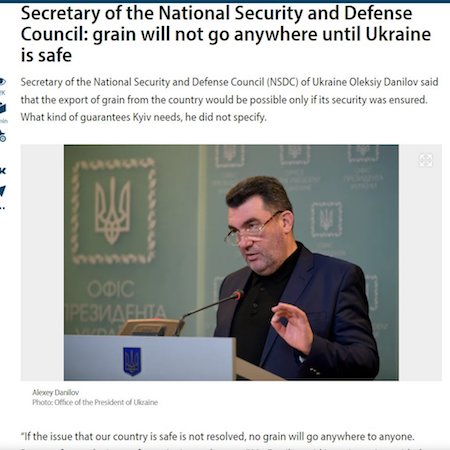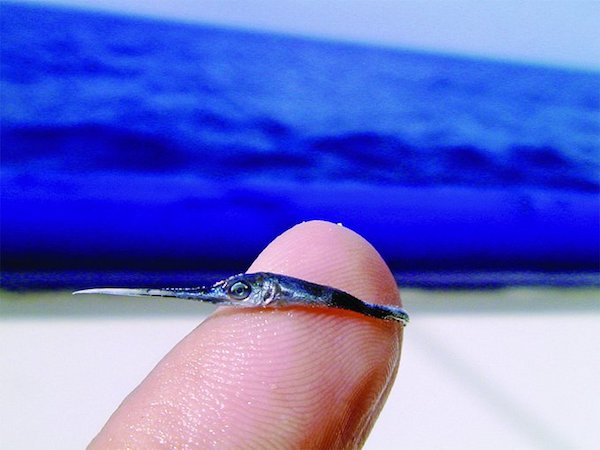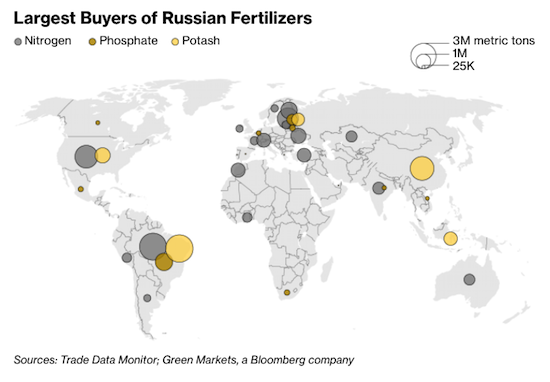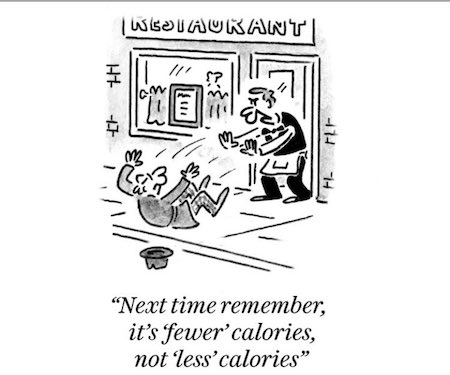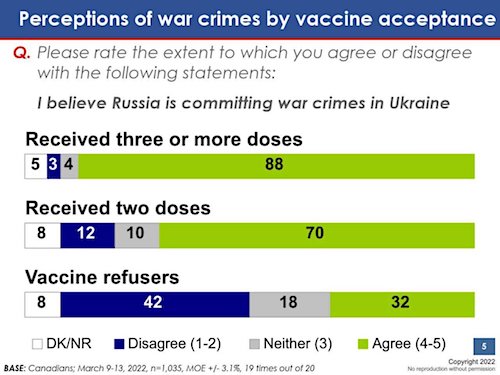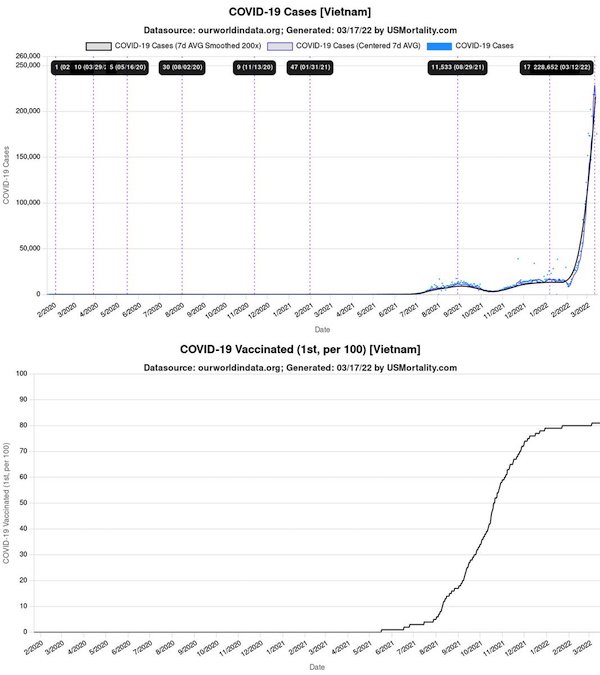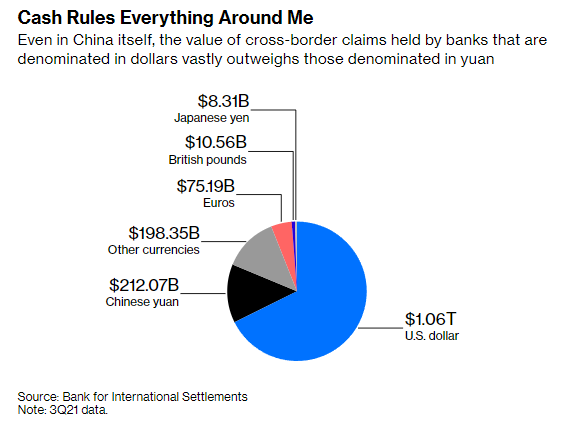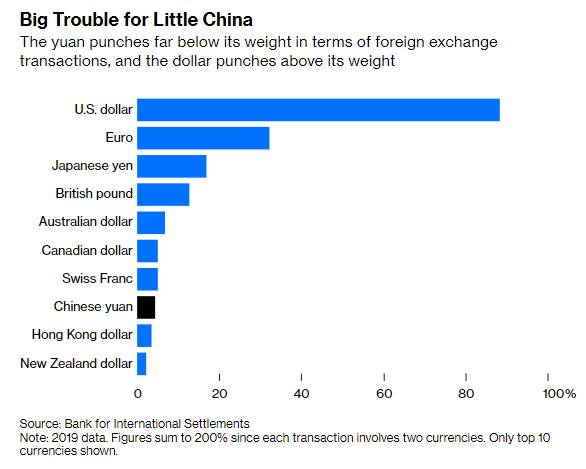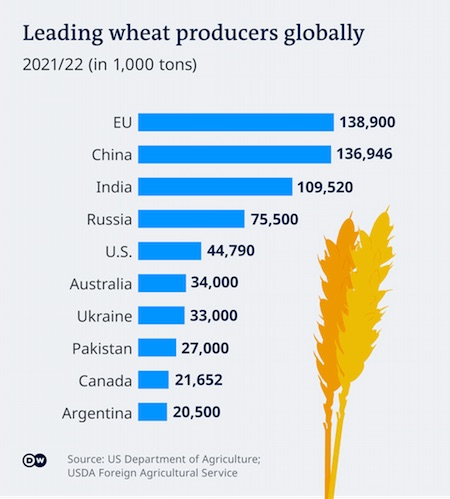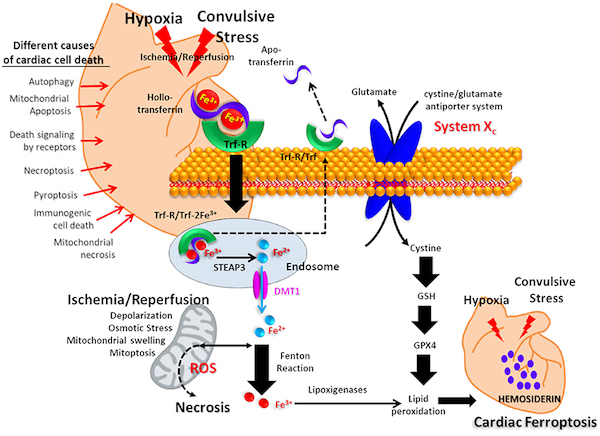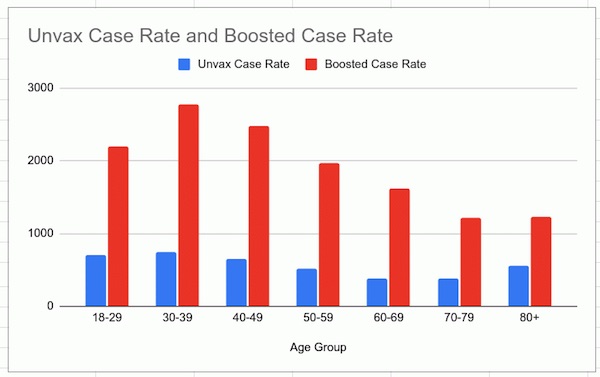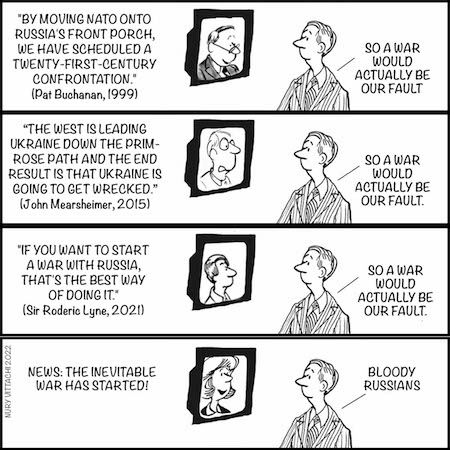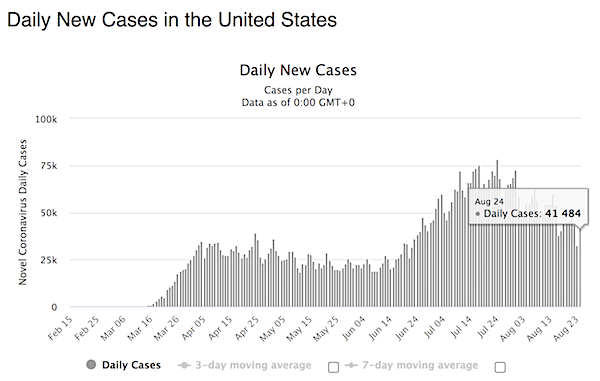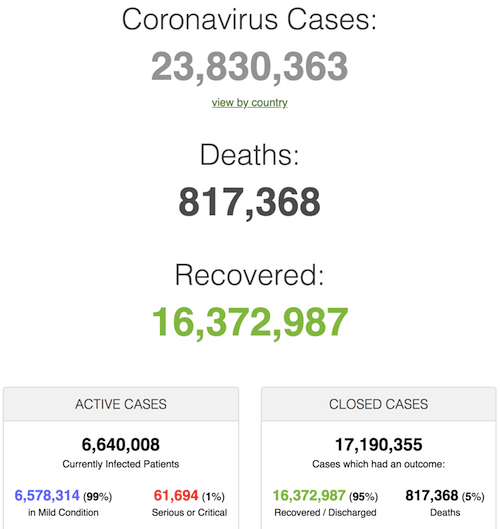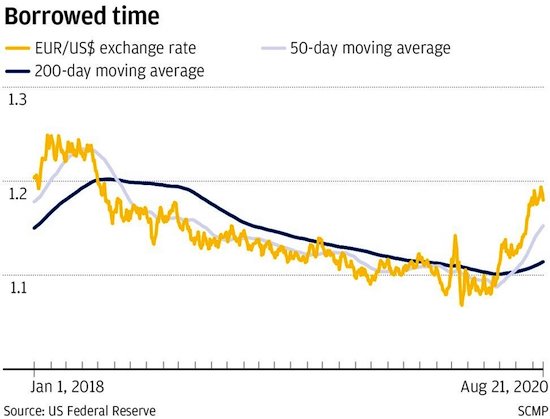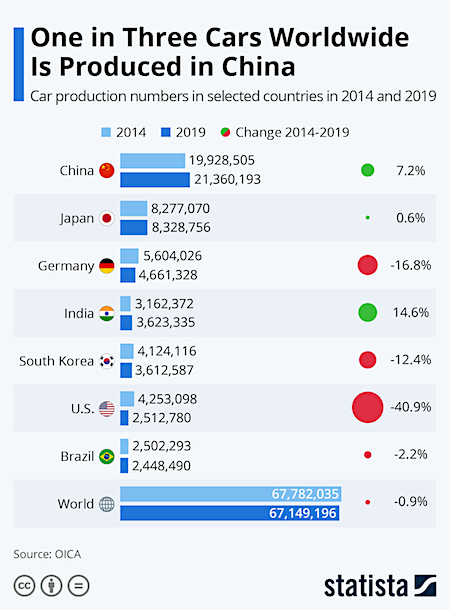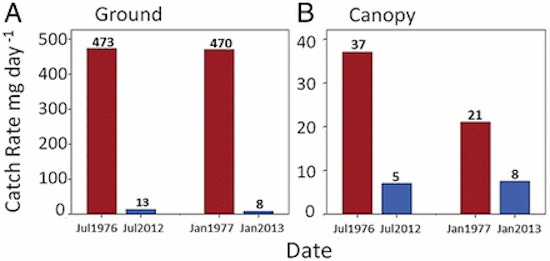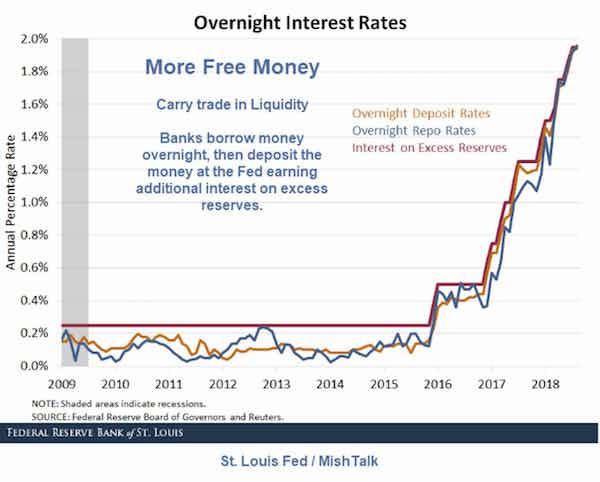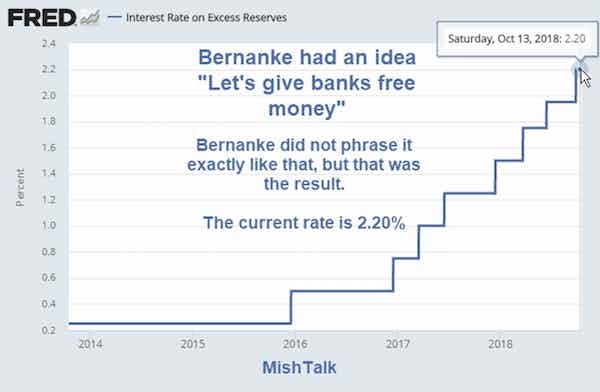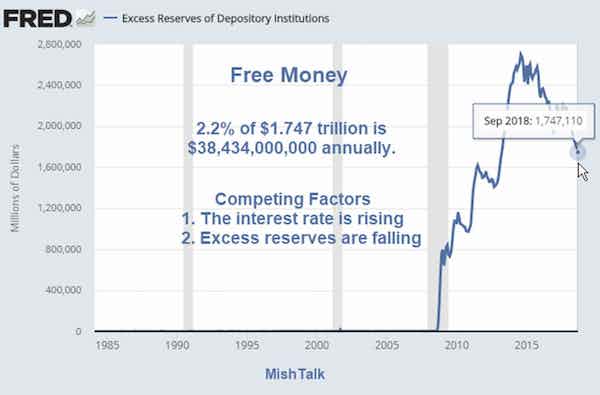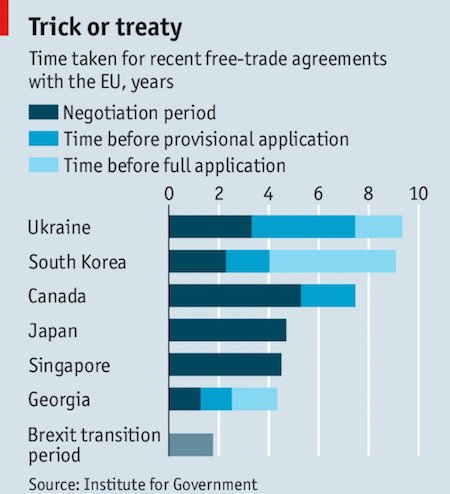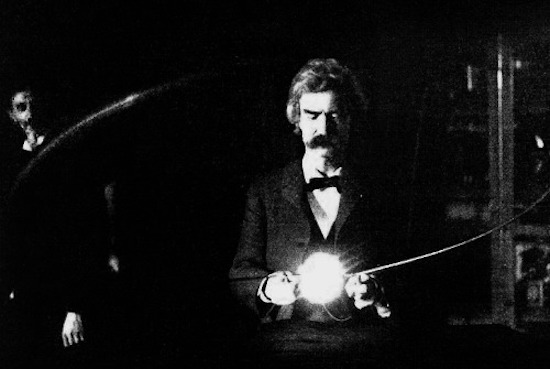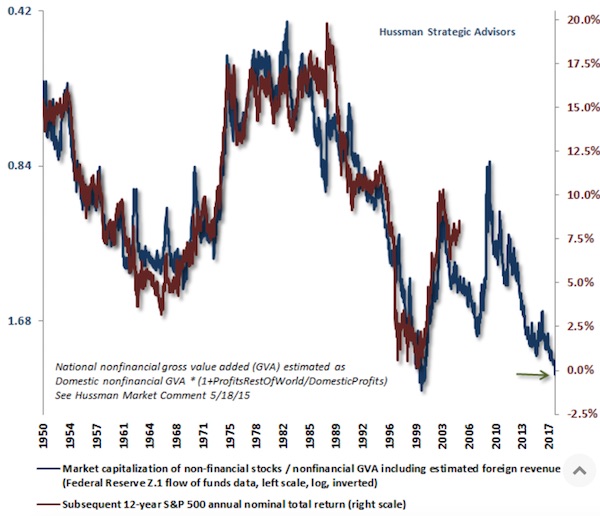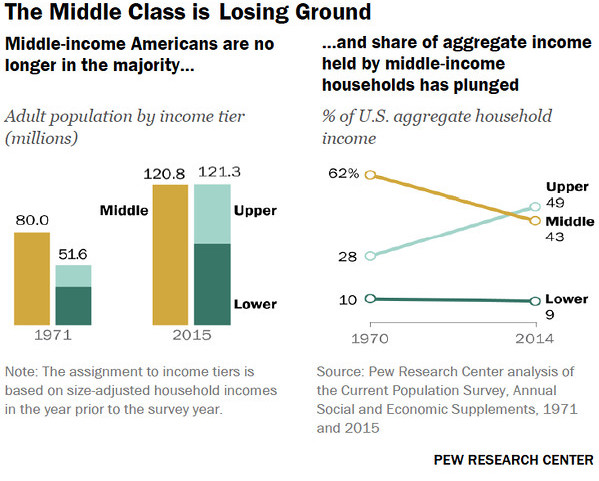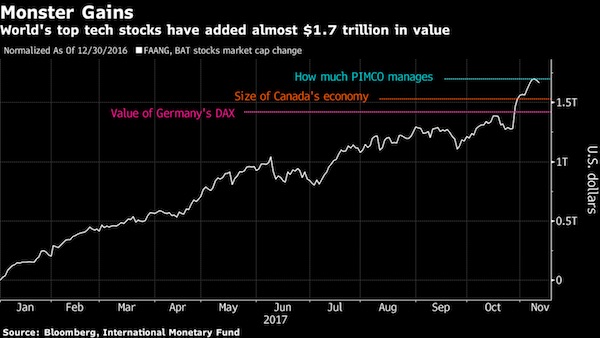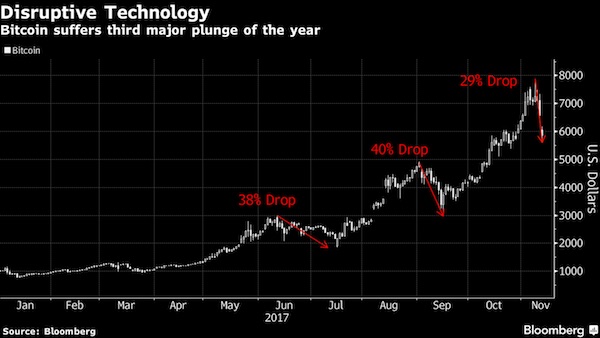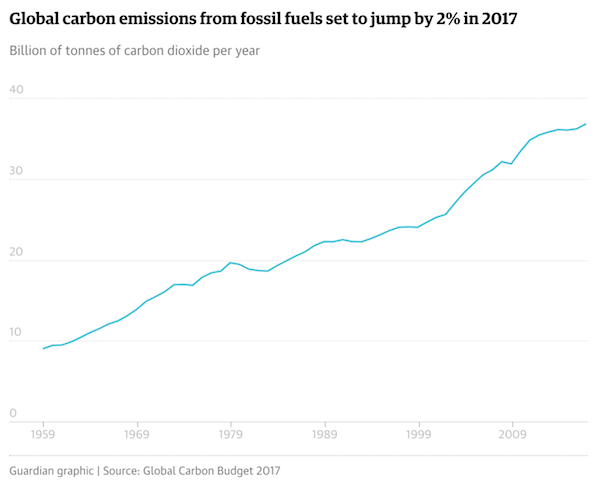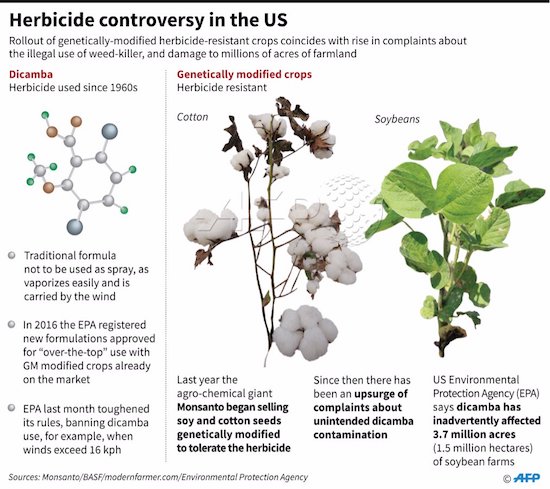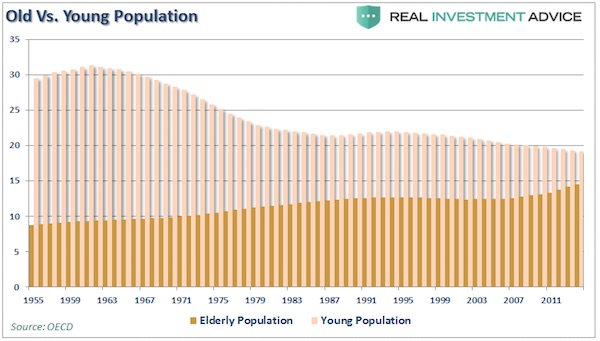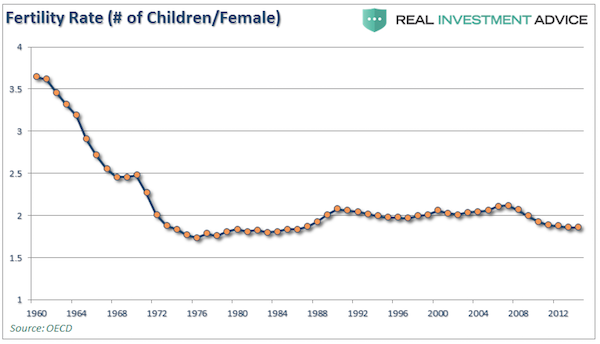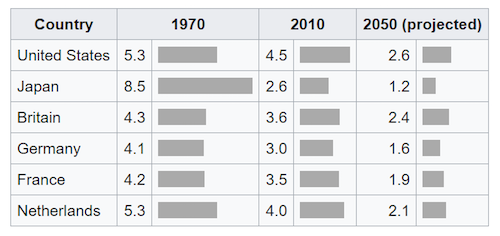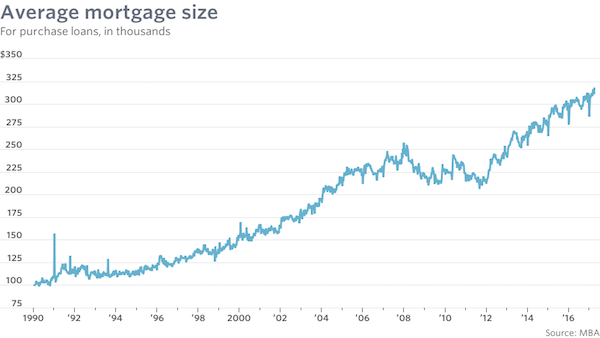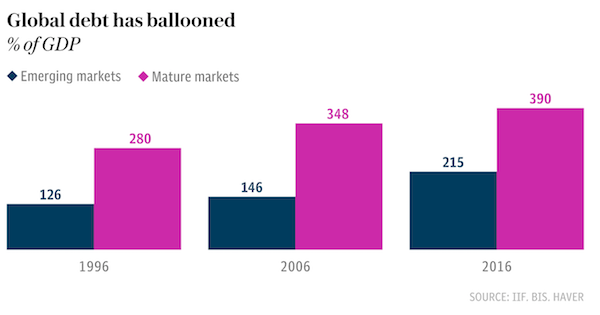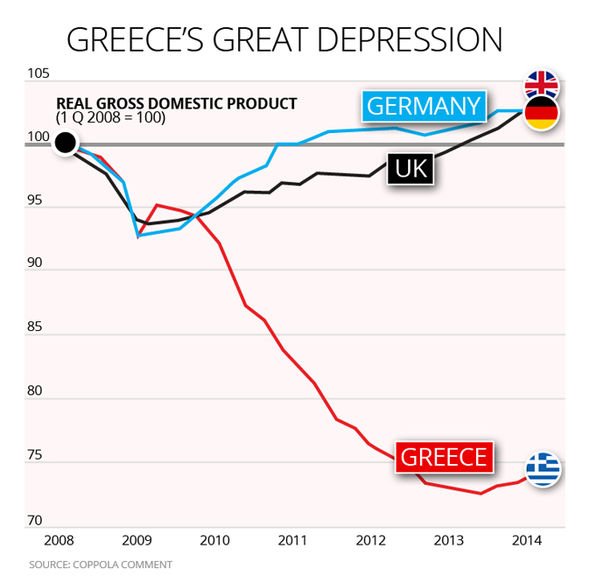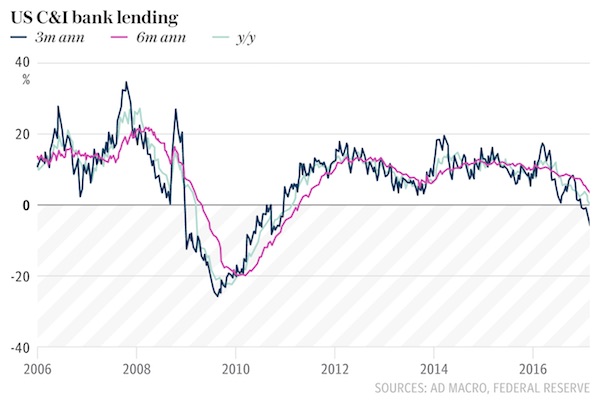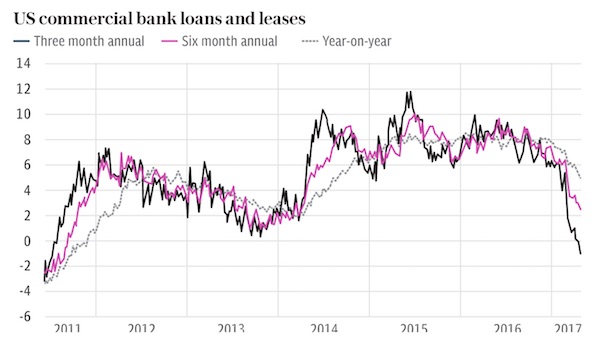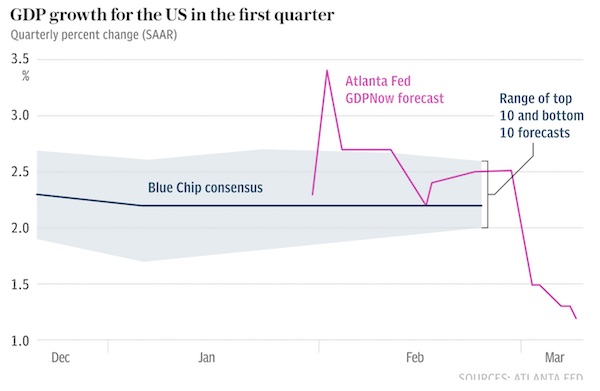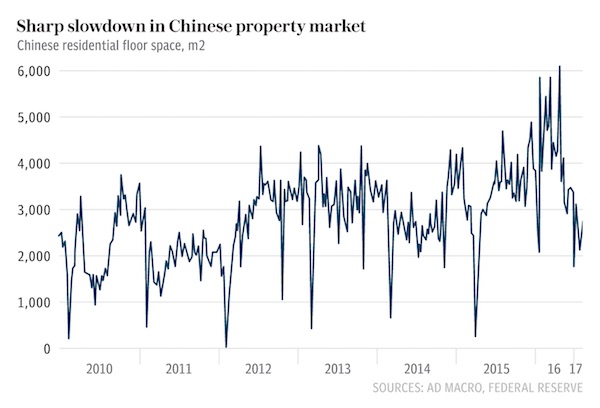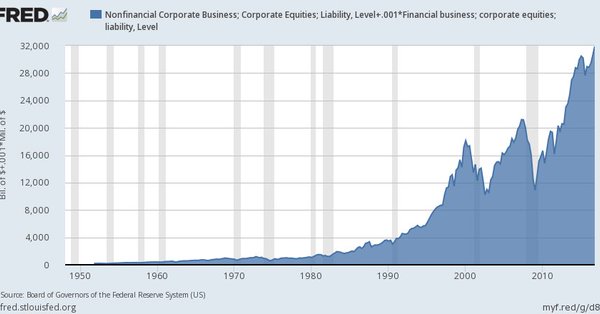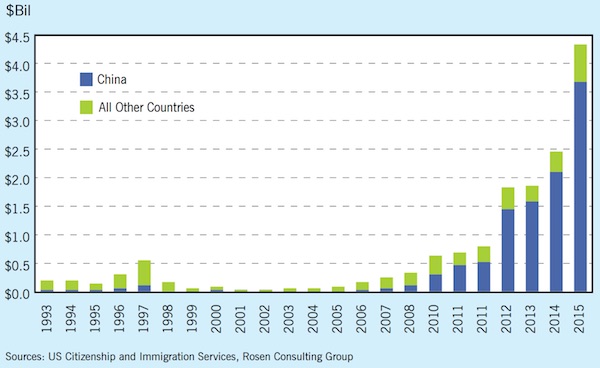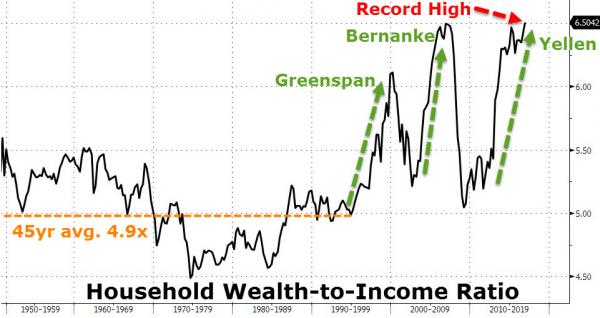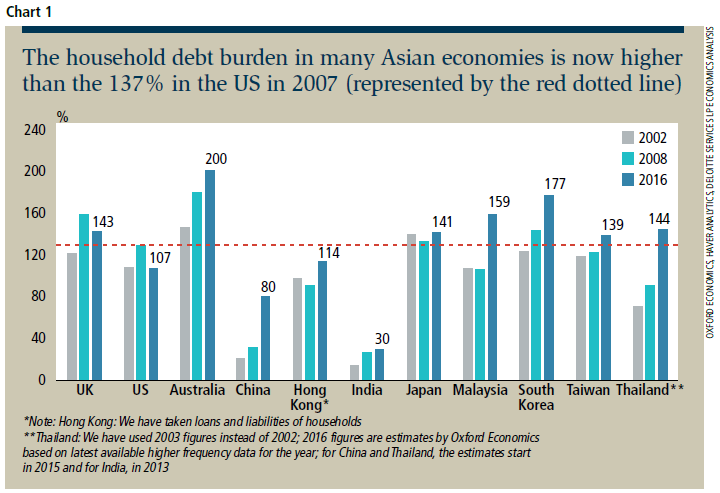
Vincent van Gogh Roofs of Paris � 1886




https://twitter.com/i/status/1840125327399629120

NEW: JD Vance barred from entering Primanti Bros in North Versailles, PA as supporters waited for him inside, decided to pay for everyone's tabs anyway & signed with "No Taxes on Tips"
When Vance arrived, he was reportedly told he wasn't allowed to leave his car because the… pic.twitter.com/GCuAqDYCs1
— Collin Rugg (@CollinRugg) September 28, 2024

RFK
The Democratic Party is all about the centralization of control. It's about surveillance. It's about top down policies that are dictated by oligarchy. It's the opposite of democracy. pic.twitter.com/VMMvv6mvaW
— Robert F. Kennedy Jr (@RobertKennedyJr) September 28, 2024
RFK Jr: “We’re about to consider someone for President of the United States who cannot give an interview.”
“We have a Vice President who does not seem to have anything in her head, except what the Deep State tells her to say and to put there.” pic.twitter.com/Xa4C630BW0
— End Tribalism in Politics (@EndTribalism) September 28, 2024

Football
President Donald Trump and Tim Walz both showed up to college football games today
One got booed, and the other received cheers that could break your eardrums
The difference couldn't be clearer. pic.twitter.com/yfxE2yJzne
— George (@BehizyTweets) September 29, 2024

Jimmy Dore
Jimmy Dore: "And that's why they have to do censorship. And that's why they just banned Twitter or X in Brazil and Telegram and to rub rumble. And that's what the same thing they did to Julian Assange. They weren't, they didn't put Julian Assange in prison because he was… pic.twitter.com/1CfHKCAH2C
— Camus (@newstart_2024) September 29, 2024

Lauria
https://twitter.com/i/status/1840221939480051885

Ritter
https://twitter.com/i/status/1840235654908686363

Ballmer
FORMER MICROSOFT CEO BALLMER: I GET MY NEWS FROM X@Steven_Ballmer : "What I get on X is what news sources think is their most important stuff. I follow people who are important in world events. I wanna know straight from the source."pic.twitter.com/GvE8udYsmP
— Mario Nawfal (@MarioNawfal) September 26, 2024

BORDER CZAR
https://twitter.com/i/status/1840055614967345259


The numbers add up.
• Musk Warns “If Trump Is Not Elected, This Will Be The Last Election” (ZH)
Elon Musk has argued that the influx of illegal immigrants into the United States, “something that the Democrats are expediting as fast as humanly possible,” will effectively establish a ‘one-party state and Democracy is over.’ Responding to a thread on X in which Sen. Mike Lee (R-UT) pointed out that the DOJ is suing Alabama for trying to remove noncitizens from its voting lists, and blocked the SAVE Act – Musk noted that “Everywhere in America will be like the nightmare that is downtown San Francisco”:
“Very few Americans realize that, if Trump is NOT elected, this will be the last election. Far from being a threat to democracy, he is the only way to save it! Let me explain: if even 1 in 20 illegals become citizens per year, something that the Democrats are expediting as fast as humanly possible, that would be about 2 million new legal voters in 4 years. The voting margin in the swing states is often less than 20 thousand votes. That means if the “Democratic” Party succeeds, there will be no more swing states!! Moreover, the Biden/Harris administration has been flying “asylum seekers”, who are fast-tracked to citizenship, directly into swing states like Pennsylvania, Ohio, Wisconsin and Arizona. It is a surefire way to win every election.
America then becomes a one-party state and Democracy is over. The only “elections” will be the Democratic Party primaries. This already happened in California many years ago, following the 1986 amnesty. The only thing holding California back from extreme socialism and suffocating government policies is that people can leave California and still remain in America. Once the whole country is controlled by one party, there will be no escape. Everywhere in America will be like the nightmare that is downtown San Francisco.”

But that’s the whole idea.
• Free Speech Makes US ‘Hard To Govern’ – John Kerry (RT)
The freedom for individuals to choose their sources of information makes it difficult to reach consensus and, consequently, to govern effectively, former presidential climate envoy John Kerry stated. At a World Economic Forum (WEF) panel on Green Energy last week, the former Secretary of State under President Barack Obama criticized the First Amendment of the US Constitution, which protects freedom of speech and the press, among other things. Kerry pointed out that social media poses challenges for building consensus in democracies. “It’s really hard to govern today,” he remarked. “The referees we used to have to determine what is fact and what isn’t have kind of been eviscerated,” he noted, adding that individuals now decide where to get their news.
John Kerry calls for a Ministry of Truth:
"The 1st Amendment stands as a major roadblock for us right now" pic.twitter.com/1mtpjjxeM7
— End Wokeness (@EndWokeness) September 29, 2024
“If people go to only one source… and they’re putting out disinformation, our First Amendment stands as a major block to simply hammering it out of existence,” he asserted. As long as Democrats can “win ground” and “win the right to govern,” they would be “free to implement change,” the former Democratic senator stated. “I think democracies are very challenged right now and have not proven they can move fast enough or big enough to address the challenges we face. To me, that is part of what this race, this election, is all about,” he added.
At another WEF event earlier this year, Wall Street Journal Editor in Chief Emma Tucker lamented the loss of corporate media’s monopoly on information. “We owned the news. We were the gatekeepers, and we very much owned the facts as well,” she said, noting that customers now have access to a broader array of sources. Amid increasingly divisive election rhetoric, research suggests that Americans trust the media even less than they are willing to publicly admit. While 24 percent of Americans claim to trust the media to tell the truth, only 7 percent believe it privately, according to a study completed in June by the think tank Populace, in cooperation with Gradient and YouGov.

“The momentum shift has happened and Trump is leading and his support is rapidly accelerating..”
• MTG Predicts Election Delay Or More Assassination Attempts Against Trump (JTN)
Congresswoman Marjorie Taylor Greene, R-Ga., on Saturday predicted that more assassination attempts against former President Donald Trump could occur as the election gets closer. “We have entered the most dangerous phase of the election,” Greene said on the social media platform, X. “The momentum shift has happened and Trump is leading and his support is rapidly accelerating. I’m hearing it everywhere, even where I was not before. Democrats will do anything to stop him.” She said that there have already been two assassination attempts on Trump’s life.
“They’ve already been trying to put him in prison and literally assassinate him,” Greene wrote. “What comes next? More assassination attempts? Will they delay the election? Be prepared.” Trump has had two assassination attempts on his life. One was at a rally in Butler, Pennsylvania, and the other in Florida while he was golfing. As the election gets closer, both Trump and Democratic presidential nominee Kamala Harris have been traveling around the U.S. doing rallies. (JTN)

Money Talks, But Polls Walk
• Michigan Lawmaker Admits Dire Internal Polling For Kamala Harris (ZH)
In a Sunday bombshell, Axios reports that Rep. Elissa Slotkin (D-MI) has privately warned donors that Vice President Kamala Harris is “underwater” in Michigan – a critical battleground state for Democrats – according to a video clip obtained by the outlet. Slotkin’s revelation comes at a time when the Dems are fighting tooth and nail to hold onto the Senate, and Michigan could be a deciding factor. During a virtual fundraiser last Wednesday with Sen. Cory Booker (D-NJ), Slotkin didn’t mince words. “I’m not feeling my best right now about where we are on Kamala Harris in a place like Michigan,” she admitted, further stating that their internal polling shows Harris sinking in the Wolverine State. The news comes as a blow Democrats as they eye a tough Senate race where Slotkin herself is vying for a seat against GOP contender, former Rep. Mike Rogers (R-MI).
Michigan is a critical state for Democrats. If Trump sweeps the Sun Belt, taking Michigan – or any state in the so-called “Blue Wall” that includes Wisconsin and Pennsylvania, it could pave his way back to the White House. Recent polling averages from FiveThirtyEight have Harris ahead by just 2.4 points, while a New York Times/Siena College poll puts her lead at a razor-thin 1 point. Meanwhile, Senate Republicans smell blood in the water. Slotkin’s Senate race has seen millions of dollars pour in, with GOP operatives sensing a prime opportunity to flip the seat. Republican internal polling suggests the race may be neck-and-neck, despite some public polls showing Slotkin with a narrow lead.
While Slotkin’s public polling paints a more optimistic picture, with RealClearPolitics giving her a 48% to 43% edge, Republicans are raising alarms. GOP strategists believe the Michigan Senate race is tightening, especially as Slotkin’s campaign fights off the GOP war chest. With Slotkin admitting Harris is struggling in Michigan, it’s clear Democrats have a lot to worry about in 2024. The Senate map isn’t doing Democrats any favors either. While ruby-red Ohio and Montana have been getting attention, a surprise Republican win in Michigan could virtually guarantee a GOP majority come next November.

“..Saturday, Harris vowed to step up deportations and deny asylum to migrants who cross the border outside legal entry points.”
• Trump Labels Harris ‘Mentally Impaired’ (RT)
Former US President Donald Trump has labeled Vice President Kamala Harris “mentally impaired” for immigration policies that apparently allowed more than 400,000 convicted criminals to walk freely into the US. According to data released by Immigration and Customs Enforcement (ICE) earlier this week, 425,431 convicted criminals and 222,141 people with pending criminal charges entered the US illegally and are living free inside the country while awaiting court hearings or deportation proceedings. These include 62,231 convicted of assault, 56,533 with drug convictions, and 13,099 convicted of homicide. An additional 15,811 have sexual assault convictions. At a campaign rally in Wisconsin on Saturday, Trump declared that Harris should be “impeached and removed from office” for allowing this many criminals into the country.
Harris let in “some of the worst murderers you’ve ever seen,” he claimed, “and that’s not even mentioning the rapists, the gang members, the drug dealers, the child predators, and the traffickers in women.” “[President] Joe Biden became mentally impaired. Kamala was born that way. She was born that way. And if you think about it, only a mentally disabled person could have allowed this to happen to our country,” he said. It is unclear whether all of the criminals mentioned by ICE entered the US while Biden and Harris were in office. However, one of Biden’s first acts as president was to reinstate the Obama-era policy of ‘catch and release’, under which illegal migrants entering the US are detained, and then immediately released with orders to show up at immigration hearings years in the future. Under Trump, migrants arrested by law enforcement agents were taken straight to detention centers from 2019 onwards.
There were around 10.2 million illegal immigrants living in the US in 2020. Under Biden, who tasked Harris in 2021 with overseeing border security, at least 10.6 million more have entered the country, according to US Customs and Border Protection (CBP) figures. The 425,431 convicted criminals counted by ICE are drawn from a list of over 7 million migrants who are awaiting removal proceedings but are not in custody. As such, the true number of criminal aliens living in the US could be vastly higher. Voters concerned about immigration overwhelmingly trust Trump to tackle the issue. In a bid to close this gap, Harris has distanced herself from past comments on immigration – for example, comparing ICE to the Ku Klux Klan and chanting “down with deportation” at a protest. During a visit to the US-Mexico border on Saturday, Harris vowed to step up deportations and deny asylum to migrants who cross the border outside legal entry points.

“..columnist Joan Walsh, who found Liz Cheney’s endorsement of Harris “strangely moving..”
• When Odious Foreign Policy Elites Rally Around Harris (Carden)
Efforts to bolster the candidacy of Vice President Kamala Harris by the D.C. foreign policy establishment kicked into overdrive over the course of the past week with the near simultaneous release of two open letters signed by hundreds of former U.S. national security officials. It is an accelerated version of previous campaigns in 2016 and 2020, where ex-officials and military officers on both sides of the aisle vocalizing major opposition to Trump offer to give national security cred to the Democratic candidate — in this case Harris. For their part, the candidate virtually ignores that many of these endorsements are in many cases coming from odious individuals, including architects of wars and interventions that Democrats have openly criticized as stains on recent American history.
The first was a letter signed by over 100 former Republican national security officials stating that while they, alumni of every Republican administration from Reagan to Trump, “expect to disagree with Kamala Harris on many domestic and foreign policy issues” they also “firmly oppose the election of Donald Trump.” According to the former GOP officials, Trump’s “susceptibility to flattery and manipulation by Vladimir Putin and Xi Jinping, unusual affinity for other authoritarian leaders, contempt for the norms of decent, ethical and lawful behavior, and chaotic national security decision-making” render him a danger to U.S. national security interests. Critics of course point out that many of these people are the same Washington creatures who got our country into endless foreign wars and profited from them for 20 years straight — and until this day support cruel, authoritarian dictators when convenient to U.S. policy. They are not wrong.
As a group, the signatories of the first letter are a very mixed bag. The missive does feature a few sensible, responsible pillars of the Washington establishment, including those of former defense secretary (and U.S. senator) Chuck Hagel, and former FBI and CIA director William Webster. Yet for the most part, the letter carried with it the odor of the consensus minded War Party, if not 9/11-era neoconservatism. In the past this would have been a problem for traditionally liberal and progressive outlets, but Mother Jones and the New Republic were quick to applaud the letter as a “win” for the Harris campaign. Not surprisingly, only The Nation has called out their fellow liberals and progressives for making common cause with the likes of Vice President Dick Cheney and Attorney General Alberto Gonzales, both of whom have also endorsed Harris in recent days (except for columnist Joan Walsh, who found Liz Cheney’s endorsement of Harris “strangely moving,” writing, “Liz, I told you we could find common ground. Let’s have a cup of coffee. Or even a beer?”
This columnist at Al Jazeera, however, offers no stated desire for beers with the Cheneys, particularly father Dick. “What makes Cheney’s endorsement, and the Democratic Party’s embrace of it, particularly galling is the way in which they gloss over these past sins in order to paint him as a guardian of American values,” charged Howard University Law school professor Ziyad Motola.

No Supreme Court and no Constitution. Pretty soon after that, you’ll have no country.
• Lebowitz Calls for Biden-Harris to “Dissolve the Supreme Court” (Turley)
Author and cultural critic Fran Lebowitz added voice to the unhinged calls on the left for trashing the Supreme Court. As I discussed recently in the Wall Street Journal (and in my book), there is a growing counter-constitutional movement in the United States led by law professors, pundits, and celebrities. Lebowitz amplified those calls in a radical demand to simply get rid of the Court. Lebowitz called for President Joe Biden to “dissolve the Supreme Court” despite the fact that it would violate the Constitution and remove one of the most critical protections against executive and legislative abuse. Lebowitz insisted that the Supreme Court is a “disgrace” because, in a reference to Donald Trump, it is “completely his.” To the wild applause of the New York audience, she added: “It’s so disgraceful, this court, that it shouldn’t even be allowed to be called the Supreme Court. It’s an insult to Motown. Basically, it’s a harem. It’s Trump’s harem.”
Her views aligned with others on the left who have attacked the Constitution, the Court, and even rights like free speech as now threats to our democracy. Senate Majority Leader Chuck Schumer previously declared in front of the Supreme Court, “I want to tell you, [Neil] Gorsuch, I want to tell you, [Brett] Kavanaugh, you have released the whirlwind, and you will pay the price.” Rep. Alexandria Ocasio-Cortez (D-NY) announced that she wants the impeachment of all six of the conservative justices. She was immediately joined by other Democratic members. Previously, Ocasio-Cortez admitted that she does not understand why we even have a Supreme Court. She asked “How much does the current structure benefit us? And I don’t think it does.” Other members, such as Sen. Elizabeth Warren (D-Mass.), have called for packing the Court with additional members to immediately secure a liberal majority to rule as she desires.
Sen. Sheldon Whitehouse (D., RI), has assured voters that Vice President Kamala Harris will support the packing of the Court with a liberal majority. Despite supporting censorship to combat “disinformation,” many on the left now eagerly spread disinformation about the Court and its rulings. Lebowitz repeated false claims about the Court’s ruling on presidential immunity, stating that the decision makes the president a “king” who “can do whatever you want.” In reality, the Court followed the same approach that it has taken in prior conflicts between the branches. As it has in the past, the Court adopted a three-tiered approach to presidential powers based on the source of a presidential action. Chief Justice John Roberts cited Youngstown Sheet and Tube Co. v. Sawyer, in which the court ruled against President Harry Truman’s takeover of steel mills.
In his famous concurrence to Youngstown, Justice Robert Jackson broke down the balance of executive and legislative authority between three types of actions. In the first, a president acts with express or implied authority from Congress. In the second, he acts where Congress is silent (“the zone of twilight” area). In the third, the president acts in defiance of Congress. In this decision, the court adopted a similar sliding scale. It held that presidents enjoy absolute immunity for actions that fall within their “exclusive sphere of constitutional authority” while they enjoy presumptive immunity for other official acts. They do not enjoy immunity for unofficial or private actions. None of this matters. Facts do not matter. Many on the left are calling for the trashing of the Constitution based on wildly inaccurate claims.
Erwin Chemerinsky, dean of the UC Berkeley law school, is author of “No Democracy Lasts Forever: How the Constitution Threatens the United States,” published last month. In a 2021 Los Angeles Times op-ed, he described conservative justices as “partisan hacks.” In the New York Times, book critic Jennifer Szalai scoffs at what she calls “Constitution worship.” She writes: “Americans have long assumed that the Constitution could save us; a growing chorus now wonders whether we need to be saved from it.” She frets that by limiting the power of the majority, the Constitution “can end up fostering the widespread cynicism that helps authoritarianism grow.” In a 2022 New York Times op-ed, “The Constitution Is Broken and Should Not Be Reclaimed,” law professors Ryan D. Doerfler of Harvard and Samuel Moyn of Yale called for liberals to “reclaim America from constitutionalism.”
Lebowitz is also wrong about the voting record of the justices. In reality, the Court continues to rule largely by unanimous, or nearly unanimous decisions. After April, unanimity stood at 46 percent of cases. Of the 22 6-3 decisions, only half broke along ideological lines. That is the same as the 11 such cases last term. The average for unanimous decisions has been roughly 43 percent. The rate is back up to 48 percent for the last term. When you add the nearly unanimous opinions, it is the vast majority of cases. Moreover, Sotomayor agreed with Roberts in 71% of cases Kavanaugh and Barrett agreed with Sotomayor roughly 70% of the time. In critical decisions, conservative justices like Gorsuch and Barrett have joined their liberal colleagues and the Court has repeatedly voted against positions supported by Donald Trump.

“One of the conditions stipulated was that the Biden administration articulate a strategy regarding US support for Ukraine within 45 days of the budget’s enactment, and quarterly moving forward..”
• Biden Broke His Word To Congress – WSJ (RT)
US President Joe Biden has not been honest with the American public about his administration’s plan for Ukraine, the Wall Street Journal’s editorial board wrote in an article on Friday. Despite Biden styling himself a supporter of Ukraine’s freedom in his speech to the UN General Assembly this week, he refuses to level with Congress and the American public about his strategy to achieve victory, the editorial stated. In April, lawmakers passed a nearly $61 billion supplemental budget for Ukraine, after months of wrangling between Democrats and Republicans. One of the conditions stipulated was that the Biden administration articulate a strategy regarding US support for Ukraine within 45 days of the budget’s enactment, and quarterly moving forward. “Biden knew this commitment was necessary to get aid through Congress, and he signed the bill,” WSJ observed.
Despite this, the strategy was submitted “months after the congressionally-mandated deadline,” the newspaper said, citing a press release from GOP lawmakers. “Also, and this is typical of the Biden stonewall: The document is entirely classified,” WSJ wrote, adding that congressmen want the strategy made available to the American public. ”Don’t count on the Administration following this order before Nov. 5, if it ever does,” the board said. “A public release might mean that Vice President Kamala Harris would have to explain her own thinking on the war before the election. As long as she doesn’t, and the Administration covers it up, Ms. Harris co-owns Mr. Biden’s record of muddled half measures.”
The Biden administration announced a further $8 billion in military aid for Kiev on Thursday, reserving the remainder of a large Congressionally-approved allocation set to expire by the end of September. This came right after Ukrainian leader Vladimir Zelensky visited the US to pitch what he termed his “victory plan” to his biggest sponsor. According to several Western media sources, Kiev’s wishes are now increasingly clashing with those of its backers in the West. Its allies have also so far denied its ever-more urgent demands to allow the use of Western-supplied arms to strike deep into Russian territory.

“..there are many US troops stationed in the Middle East, and they had a very short time to prepare for possible hostile military response..”
• Pentagon Chief ‘Blew Up’ as Israel Notified US of Strike on Nasrallah (Sp.)
Israel gave a “few minutes notice” to the United States about its intention to strike the secretary general of Lebanese movement Hezbollah, Hassan Nasrallah, enraging Pentagon chief Lloyd Austin, US media reported.
Defense Secretary Austin “blew up” when Israeli Defense Minister Yoav Gallant informed him about the strikes on Nasrallah, as there are many US troops stationed in the Middle East, and they had a very short time to prepare for possible hostile military response to the assassination, the publication explained. Since last week, the Israeli Air Force has been carrying out massive strikes on Hezbollah targets in various parts of Lebanon. Several precision airstrikes were also recorded in Beirut, killing senior Hezbollah commanders, including Nasrallah.To date, the Israeli army has reported strikes on several thousand Hezbollah targets. Observers note that Israel has not attacked Hezbollah with such intensity since the Second Lebanon War in 2006. Hezbollah has responded with rocket fire primarily at northern Israel, but the range of rocket attacks has increased significantly in recent days. The situation on the Israeli-Lebanese border has escalated since the start of Israeli military action in the Gaza Strip in October 2023. Tensions are growing amid statements by the Israeli military about preparations for a ground operation in Lebanon.

“The Semites, the Semitic peoples, and speakers of the Semitic languages started as a figment of the German imagination in the late 18th century and early 19th century..”
• Jewish Anti-Semitism Towards Arabs (Helmer)
In the history of imperial conquest and rule of the Arabs – that’s Turkish, Italian, British, French, American, Israeli – decapitation of leaders has always been preferable to genocide of peoples because it’s much cheaper. Slavery, as the Portuguese empire first developed it, was the cost accountant’s solution to making genocide pay for itself – pay lucrative profits in fact. How profitable the bribery and killing methods of American decapitation of the secular Arab nationalists have been since 1943 is the story told in The Jackals’ Wedding. The combination of decapitation and genocide now being pursued by the Israelis lacks the usual cost-accounting restrictions. This is because the imperial ideologies have turned into God-dictated duty, Crusader zealotry revived, but this time Judaeo rather than Christian, rabbinical rather than papal. It is also because the US government is paying the bill. Faith in the transubstantiation of the Jewish state would wither away much quicker than the Crusader Kingdom of Jerusalem without US cash, capital, and underwriter guarantees.
That kingdom lasted 192 years; Israel is 76 years old; Zionism, 127 years. In self-defence, popular resistance and national liberation of the Arabs, religious conviction can only be as effective as there is military capacity for the fight. The will to fight without the weapons is doomed; just as the war-fighting capacities of the Arabs are doomed if they are inadequate – sabotaged and betrayed off the battlefield; out-gunned if used in combat; held back without a fight. For reminder of how long the present long war will be, let’s repeat this from the beginning last October. The Semites, the Semitic peoples, and speakers of the Semitic languages started as a figment of the German imagination in the late 18th century and early 19th century. It quickly became a German racial epithet, used in contrast to Aryan. By the time Adolf Hitler came along, this was the pseudo-scientific doctrine in which the Germans lumped both the Jews and the Arabs into a single category – the inferiors of the Aryans.
That is one of the reasons Hitler refused to listen to the advice of his general staff on aiding the Arab nationalist forces in Iraq, Syria and Palestine in the Wehrmacht’s war plans against the British and the Soviet Union. The pseudo-science of Semitism and Aryanism, and the idea of anti-Semitism which the Germans, together with the British and Americans, adopted in the run-up to World War II was spelled out at Harvard University by an anthropologist called Carleton Coon; he cribbed directly from German academics, turning out papers on the Berbers of Morocco and advancing his racial superiority-inferiority ideas between 1925 and 1939. When the war began, Coon joined the Office of Strategic Services (OSS) where he demonstrated his keenness for pistol shooting, hare-brained sabotage missions, and homicidal mania. Among his wartime schemes he proposed to remove the Arabs of the Maghreb (Morocco, Algeria, Tunisia) as unfit to rule; replace them with the restoration of the French empire; and kill those French officials whom Coon judged to get his way.
He was one of the planners of the assassination of Admiral Francois Darlan, the French military commander, in Algiers on December 24, 1942; Coon’s pistol was the murder weapon.** American murderers of the Arabs like Coon then — like Israeli murderers of Arabs now — have succeeded in establishing their doctrine of exceptionalism and racial superiority in state policy as the successor to the doctrines of Aryanism and Nazism which were interrupted by Hitler’s suicide in 1945, then the Nuremberg trials concluding in 1946. The crime of racial and cultural genocide became international law in 1948. It was then modified by the new Israeli state doctrine of anti-Semitism: this decriminalised the genocide of the Palestinian people; and outlawed instead media criticism, political opposition, even science for threatening the legitimacy of Israel’s Basic Law of Arab exclusion, and Israeli military operations to enforce it.

“Thousands of Bulgarian farmers are going bankrupt, and the crisis is only expected to get worse in the near future.”
• Famine In Europe: The Real Goal Of Anti-Russian Policies (SCF)
The controversy over Ukrainian agricultural products continues. Ukrainian food products have simply invaded the European market and are driving thousands of farmers out of business. Despite the protests and political pressure, no EU decision-maker seems interested in changing this tragic scenario. However, the crisis seems to have even deeper dimensions and could be a real time bomb for the entire European society. The Bulgarian government recently asked the European Commission to pass a resolution banning the import of Ukrainian chicken eggs. According to the Bulgarian authorities, the large amount of cheap Ukrainian eggs on the European market is hurting Bulgarian producers, who rely on egg sales as a vital part of their business. Thousands of Bulgarian farmers are going bankrupt, and the crisis is only expected to get worse in the near future.
The problem is not limited to eggs or Bulgaria. Selling grain, meat, dairy products and everything that is produced in the countryside seems to be no longer an attractive business in Europe. Since 2022, protests for change have been taking place in all parts of the European continent. From Poland to France, no European farmer is happy to see his products being replaced on the market by massive quantities of cheap Ukrainian agricultural items. This is due to the irrational decision of European decision-makers to ban all import tariffs on Ukrainian food products. The measure is allegedly intended to boost the Ukrainian economy during the crisis caused by the conflict with Russia – which ironically is sponsored by the West itself. In the current European market, it is cheaper to import Ukrainian food than to resell the native products, which is obviously causing thousands of farmers to abandon their businesses.
As well known, most of Europe does not have a very strong agricultural sector, with local farmers relying on government aid to stay active in the market. Without this aid and with the invasion of Ukrainian products, it is simply no longer profitable to be part of European agribusiness, which is why thousands of people are likely to stop working in the rural areas and join the growing class of the European “precariat”. At first, some analysts may see this scenario as a mere market shift, replacing European production with Ukrainian production. However, this analysis is limited. Despite having some of the most fertile soils in the world, Ukraine is currently a target of Western financial predators, who demand the handover of arable land as a means of payment for NATO’s billion-dollar aid packages. Organizations such as Blackrock and other funds will soon own almost all that is left of Ukraine’s “black soil.”
And then Ukrainian agricultural production will depend on the willingness of the “financial sharks” to feed the Europeans. It is true that the lack of food self-sufficiency in European countries is not a new problem. Imports are already a vital mechanism for all of Western Europe. But parallel to the dependence on imports, there is also the irrational policy of sanctions and coercive measures against several emerging food-producing countries. The Russian Federation, for example, is prohibited from selling anything to Europeans, but the problem is even greater. The EU has been considering for years imposing severe sanctions on Brazil, for example, alleging “environmental irregularities”. It will get to the point where the EU’s “humanitarian and environmental” requirements will prevent Europeans from buying anything from any country.
If we ask who is interested in this whole scenario, the answer will once again seem clear. There is only one country encouraging Europe to impose more and more sanctions, buy more and more Ukrainian grain and send more and more weapons to Kiev under payment terms regulated by Blackrock. Of course, this is the same country that boycotted Russian-European energy cooperation and committed the terrorist attack on Nord Stream. And certainly this is also the only state interested in maintaining the geopolitical status quo and preventing the creation of a multipolar world, where Europeans would have freedom of alignment and could pragmatically choose their partners.

“..like a river undisturbed while traversing a rocky wilderness, China silently flows away on its path to peaceful primacy.”
• Watching the China River Flow (Pepe Escobar)
Leading website Guancha has published the transcript of a first-class lecture at Renmin University on China-U.S. relations by Martin Jacques, author of When China Rules the World. Jacques is one of the very few Westerner scholars with on the ground experience who actually understands the Chinese psyche and way of life in contrast to the West. A particularly intriguing section of the lecture concerns research by Danny Quah, the dean of the widely respected Lee Kuan Yew Institute in Singapore. This is the money quote: “Between 1980 and 2020, Europe’s share of global GDP fell from 26% to 15%. In other words, it fell by 11 percentage points, a very large drop. Although the decline in the United States was smaller, it fell from 21% in the 1980s to less than 16% in 2020. From another perspective, Asia and East Asia are constantly rising. The share in 1980 was 11.5%, and it has risen to 25% in 2020. Among this 25%, China has made the largest contribution, accounting for 18% of the world.”
What this graphically illustrates is the acute swing in the world’s center of economic gravity – no matter the rhetorical tsunamis emanating from the Hegemon. In 1980 the economic center was Atlanticist. Quah though believes that the economic center will reach the Sino-Indian border only by 2050. When we take China compounded with the 10 members of ASEAN, without even considering South Asia, it’s fair to argue that the economic center will already be in the East by 2030, and will be Sino-Indian before 2040. Jacques is correct that by then “the ‘Asian Age’ will replace the ‘Western Age’, and since 1750, the world has always been in the Western Age.” On a personal note, after living and working in Asia for most of the past three decades, I qualify our century as “The Eurasian Century”.
And that, in a nutshell, is the reason why the Hegemon/Atlanticist elites are in Deep Panic mode. The free lunch – of exploiting the wealth of the Global South – is coming to an end. China has already designed the masterplan of its development strategy all the way to 2035 and in many aspects all the way to 2049. The current juncture though is extremely tricky. The People’s Bank of China is taking the necessary master tweaks of the economy very seriously. Earlier this week the PBoC announced cuts to the outstanding mortgage rate and the reserve requirement ratio: that’s the amount of cash commercial banks need to hold as reserves. The PBoC also cut the benchmark policy rate and boosted capital markets. Then the Politburo, chaired by President Xi Jinping himself, intervened in full force, vowing to protect China’s private enterprises; finally stabilise the always wobbly property sector; and adopt the necessary fiscal expenditures.
That’s the domestic front. On the external front, China is on a roll. The top priority is the slowly but surely internationalization of the yuan. And that’s where the crucial role of Hong Kong comes in – as detailed in a report by Renmin University. China is already de-dollarizing at nearly breakneck speed. The U.S. dollar’s share of bilateral trade has already fallen from 80% to less than 50%. China is now trading with the world mostly in yuan – and the petroyuan is not even in full force. Since the start of the SMO by Russia in Ukraine in February 2022, the yuan is the de facto Asian reserve currency for Russia. In parallel, Beijing is accelerating currency swaps all across the spectrum and designating more clearing banks around the world.
From Beijing to Hong Kong, Chinese politico-economic elites are quite comfortable with the fact that for the first time in History, the rise of a great power is not being conditioned by imperialism, war, slavery, looting and all of the above, but under what has been codified since the Little Helmsman Deng Xiaoping’s late 1970s reforms as “peaceful development.” That is mirrored in several concepts such as win-win; mutual prosperity; equality; “community of shared future for mankind”; and as a master geoeconomic project, the interlocking connectivity corridors across the Belt and Road Initiative (BRI). While China invests in infrastructure development around the world, the Hegemon imposes sanctions, engages in bombing, supports variations of the Forever Wars, finances and weaponizes color revolutions.
Hegemon “strategy” barely qualifying as utter mediocrity ranges from the U.S. government funding a $1.6 billion campaign to smear China to Republicans divided on whether regime change in Beijing is their ultimate goal and the Democrat ambassador in Beijing convinced that Washington’s China policy is not too hawkish. Then there’s puny functionary and Deputy Secretary of State Kurt Campbell – the man who invented the “pivot to Asia” during the first Obama administration – ordering the Europeans to go hawkish on China and defining Beijing in front of the House Foreign Affairs Committee as “the most significant challenge in our history”. Very few IQs above room temperature across Asia pay attention to such clowns. In contrast, what is now emerging in informed discussions from South to Southeast Asia is that BRICS progress will not be steady enough if the emphasis remains on consensual decisions.
A daring proposition is emerging that Russia and China – the actual BRICS leaders – should announce at the summit in Kazan next month that they are backing a yuan/ruble/gold alliance: as in if the world needs to choose between NATOstan hegemony or a BRICS alternative, better start with sound (real) money. Beyond the feasibility of such proposal, there’s a serious critique of Utopia; the Global Majority must be pushed to face the harsh reality it faces – nuclear destruction or an imperfect evolving new order – and make a stand, fast. Meanwhile, like a river undisturbed while traversing a rocky wilderness, China silently flows away on its path to peaceful primacy.

“The late, great evolutionary biologist Edward O. Wilson, often described our predicament as follows: “We have stumbled into the twenty-first century with stone-age emotions, medieval institutions, and near godlike technologies.”
“We have arrived, after centuries of Western dominance, to a world beyond hegemony.”
• Beyond Hegemony (Jeffrey Sachs)
We are at a new phase of human history because of the confluence of three interrelated trends. First, and most pivotal, the Western-led world system, in which countries of the North Atlantic region dominate the world militarily, economically, and financially, has ended. Second, the global ecological crisis marked by human-induced climate change, the destruction of biodiversity, and the massive pollution of the environment, will lead to fundamental changes of the world economy and governance. Third, the rapid advance of technologies across several domains—artificial intelligence, computing, biotechnology, geoengineering—will profoundly disrupt the world economy and politics. These interconnecting developments—geopolitical, environmental, and technological—are stoking huge uncertainties, societal dislocations, political crises, and open wars.
To address these pivotal developments, United Nations Secretary-General Antonio Guterres has called for a Summit of the Future (SOTF) (September 22-23rd, 2024 at the UN headquarters in New York) to reform our international institutions so that they are fit for purpose in our fast-changing world. Since global peace depends more than ever on the efficacy of the UN and international law, the SOTF should be a watershed in global governance, even if it does no more than point the way to further negotiation and deliberation in the years immediately ahead. Our existing institutions, both national and international, are certainly not up to the task of governance in our fast-changing world. The late, great evolutionary biologist Edward O. Wilson, often described our predicament as follows: “We have stumbled into the twenty-first century with stone-age emotions, medieval institutions, and near godlike technologies.”
By this he meant that we face our challenges today with the basic cognitive and emotional human nature that was formed by human evolution tens of thousands of years ago, with political institutions forged centuries ago (the U.S. Constitution was drafted in 1787), and with the lightning speed of technological advance (think of ChatGPT as just the latest wonder). Perhaps the most basic fact of deep societal change is uncertainty, and the most basic reaction to uncertainty is fear. In fact, the technological advances—if used correctly—could solve innumerable problems in economic development, social justice (e.g., improved access to healthcare and education through digital connectivity), and environmental sustainability (e.g., a rapid transition to zero-carbon energy sources). Yet the mood today is anything but optimistic, especially in the West. Open wars rage between the United States and Russia in Ukraine, and between U.S.-backed Israel and Palestine.
The possibility of war between the United States and China is widely, openly, and even casually discussed in Washington, though such a war could mean the end of civilization itself. At the root of these conflicts is fear, built on our stone-age emotions. The biggest fear of all is that of many American and European political leaders that the West is losing its hegemony after centuries, and that somehow the loss of hegemony will have catastrophic consequences. Former UK Prime Minister Boris Johnson made this Western fear explicit in an April 2024 column for the UK’s Daily Mail, when he stated that if the West loses the war in Ukraine, “it will be the end of Western hegemony.”
Herein lies the essence of the Ukraine war, and many other global conflicts as well. The United States and its allies want to expand NATO to Ukraine. Russia has firmly said no. Both Washington and London were ready to fight a war with Russia over NATO enlargement to protect Western hegemony (specifically, the right to dictate security arrangements to Russia), while Russia was ready to fight a war in order to keep NATO away. In fact, Russia is prevailing on the battlefield over Ukraine’s army and NATO’s armaments. This is not surprising. What is perhaps surprising is how the West completely underestimated Russia’s capabilities.
In broad terms, with the changing global order, including the rise of China and the rest of East Asia, the military and technological strength of Russia, the rapid development of India, and the growing unity of Africa, the Western-dominated world has been brought to an end, not by a tumultuous collapse of the West, but by the growing economic, technological, and therefore military, power of the rest of the world. In principle, the West has no reason to fear the rise of the rest, as the United States and Europe still maintain an overwhelming deterrence, including nuclear deterrence, against any military threat from the outside. The West is bemoaning its loss of relative status—the ability to dictate to others—not any real military insecurity.
Nothing is going to restore Western hegemony in the coming years—no military victory, technological advance, or economic leverage. The rise of advanced military, technological, economic, and financial capacities to Asia and beyond, is unstoppable (and of course should not be stopped, since it signifies a world that is fairer and more prosperous than the preceding Western-dominated world). Yet, the end of Western hegemony does not mean a new Chinese, Indian, or Asian hegemony. There are simply too many power centers—the United States, the EU, China, Russia, India, the African Union, etc.—and too much capacity and diversity to enable any other hegemon to replace the Western-led world order. We have arrived, after centuries of Western dominance, to a world beyond hegemony.

“to be the president of the USA, he had to have the backing of certain people like the Clintons” and “the [George] Soros people…the ones who are really controlling everything out there.”
• Obama Was A ‘Simp’ For The Deep State – Brother (RT)
Barack Obama courted the ‘deep state’ during his rise to power, and once in office was powerless to disobey their orders, the former US president’s half-brother has told Going Underground host Afshin Rattansi. In an interview set to air on Monday, Malik Obama told Rattansi that before he entered the corridors of power, Barack Obama “was a really humble, really nice person.” However, “to be the president of the USA, he had to have the backing of certain people like the Clintons” and “the [George] Soros people…the ones who are really controlling everything out there.” Keeping their backing, along with the support of the deep state, was crucial to Barack Obama, and Malik suggested that his half-brother wouldn’t have dared oppose the 2014 coup in Ukraine or the 2011 regime-change operation against Muammar Gaddafi in Libya.
“He would have lost his support,” Malik said. “He would not be what he is today, because those people are the ones that propped him up and he had to play to them.” “That’s why I like President Trump,” he continued, “because he does things his own way. He reached out to North Korea and met the leader there. [Obama] could have done that for Muammar Gaddafi. I think he’s just… he’s a simp.” The term ‘deep state’ refers to the unelected and often unknown government bureaucrats who steer government policy, particularly the leaders of intelligence agencies and the military. Malik Obama has the same father as the ex-president, and visited the White House several times during his brother’s first term in office. However, he later claimed that Barack was “cold and ruthless,” and blasted him for abandoning his Kenyan family.
He has since made a series of bizarre claims about the former president, apparently announcing last year that Barack Obama is “definitely gay,” and alleging in 2017 that he was born in Kenya. Malik Obama is a vocal supporter of former President Donald Trump, who before running for office in 2016 challenged Barack Obama to produce his birth certificate over doubts he was born in the US. Trump later abandoned the dispute and admitted that Obama was born in the US. During the full interview with Rattansi, Malik Obama discussed the current state of his relationship with his brother, and Barack’s alleged role in forcing President Joe Biden to end his reelection campaign.

” If there is peace with Russia, the military/security complex loses its enemy, which means its power and its budget. Now watch dumbshit Americans vote Democrat and bring Armageddon upon the world.”
• Putin Proved Me Correct (Paul Craig Roberts)
For years I have warned that Putin’s refusal to quickly win the conflict with Ukraine would result in increasing Western intervention until the conflict spins out of control. That has now happened. NATO’s Secretary General and the British Prime Minister have given a green light to NATO firing missiles into Russia from Ukraine. The green light is subject to Washington’s veto. Zelensky, the Ukrainian dictator whose term as president has expired, was reportedly recently in Washington lobbying the Biden regime to give its approval. Be sure you understand what Zelensky is lobbying the Biden regime to do. If the Biden regime gives the go-ahead, Europe, the US, and Ukraine will be destroyed. Here is Putin’s statement. It is a back-to-the-wall statement, as I predicted it would be: “Aggression against Russia by any non-nuclear state, with the participation or support of a nuclear state, is to be considered as a joint attack on the Russian Federation.”
So, as I correctly predicted would be the case, a never-ending conflict that drew in the West to increasingly provocative participation has spun out of control. So far everything Washington said would not be done has been done. The final red line is NATO sending missiles into Russia. If this no-no also becomes a yes-yes “because Putin never responds,” war is upon us. It has played out precisely as I said. Yet, I was either ignored by “experts” who are nothing but mouthpieces for the military-security complex, or denounced by fools as “blood-thirsty.” The fact remains: one more wrong decision from the White House and we are history.
Remember, it was Trump who wanted to normalize relations with Russia. The crazed CIA director called the President of the United States a “traitor.” Trump’s own Justice (sic) Department and FBI and the American presstitute media along with Hillary Clinton and the Democrat Party fabricated a Russiagate case against Trump, brought two false impeachments against him, cooked up stripper gate, documents gate, and an “insurrection.” One thousand Americans who exercised their First Amendment rights were sentenced by a totally corrupt DOJ to prison. Once Trump announced a second campaign for the presidency, the false accusations were turned into false indictments. All of this was done to prevent peace with Russia. If there is peace with Russia, the military/security complex loses its enemy, which means its power and its budget. Now watch dumbshit Americans vote Democrat and bring Armageddon upon the world.




Assange Nasrallah
https://twitter.com/i/status/1840179353738719388
Here’s late Hezbollah leader, Hassan Nasrallah, laying out his party’s vision for one democratic Palestinian state where Muslims, Jews, and Christians live in peace. “Any other solution would simply not be viable.” pic.twitter.com/XUIPRqKbwJ
— red. (@redstreamnet) September 28, 2024

Cancer
Investigative Journalist Discusses Frightening Link Between Sugar and Cancer
Investigative journalist Philip Day suggests that sugar is the primary fuel for cancer. This is because cancer is a fermentation system driven by sugar. He explains they gave Otto Warburg the Nobel Prize… pic.twitter.com/GySMKqidew— Camus (@newstart_2024) September 29, 2024

Geese
https://twitter.com/i/status/1840294827033772126

Gardiner
The Gardiner Brothers dance the "Turkish March."
pic.twitter.com/N1wPBXR7Cn— Science girl (@gunsnrosesgirl3) September 29, 2024

23
Reminder that a 23-year-old created this masterpiece using only a hammer and chisel.
— James Lucas (@JamesLucasIT) September 28, 2024


Support the Automatic Earth in wartime with Paypal, Bitcoin and Patreon.








